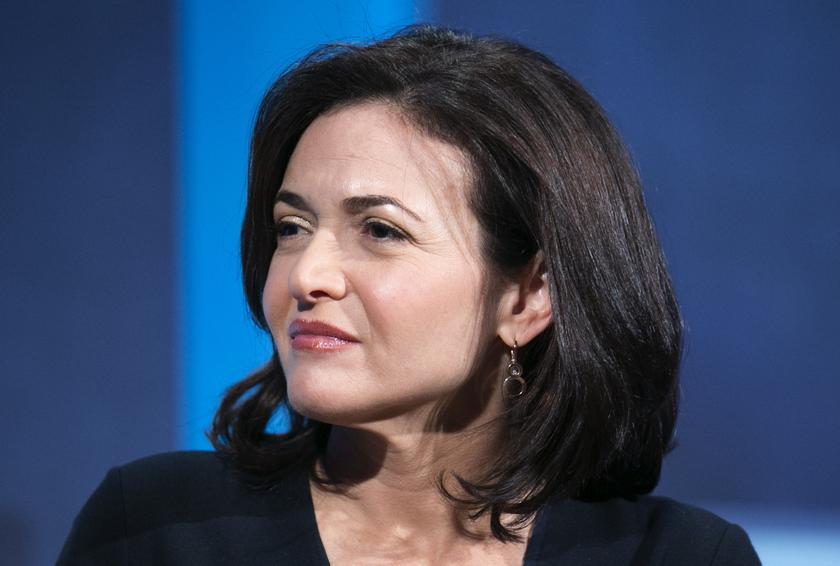NEW YORK, Dec 12 — Nipping at the heels of the #Metoo movement of women recounting sexual harassment and assault is the threat of a backlash against women, a response that could silence the voices speaking out but could be avoided, advocates and experts say.
The threat of a counterblast was highlighted by Sheryl Sandberg, a Facebook executive and writer on women’s issues, who said recently she heard “rumblings of a backlash” amid the airing of women’s claims across the globe.
Untold numbers of women, many using the social media hashtag #Metoo, have spoken up about being verbally abused, groped, molested and raped in an outpouring that kicked off in October with accusations against Hollywood producer Harvey Weinstein.
So many women have come forward with stories of sexual misconduct, naming teachers, bosses and some of the most prominent men in politics, media and entertainment, that Time named the “Silence Breakers” as the most influential “person” of the year.
But Sandberg, author of Lean In, a book about women in the workplace, warned that the number of men afraid to be alone with a female colleague must be “sky high right now” and the movement could have the unintended consequence of holding women back.
“We need to be concerned about it,” said Fatima Goss Graves, head of the National Women’s Law Centre, which promotes equal rights for women.
“The last thing you would want is a solution that involves removing women from leadership opportunities,” she told the Thomson Reuters Foundation. “In fact, that’s an important part of the solution, having more diverse leadership.”
Preventing a backlash needs solid workplace policies that protect both accused and accuser so “there’s trust both ways that the right thing is going to be done”, said Catalina Avalos, an attorney in Florida and expert in labour and employment law.
“The consequences that the men are facing today don’t necessarily mean that you can preclude women and not have a one-on-one lunch, not have a one-on-one meeting,” she said.
“We can’t allow this fear of accusations to be an excuse for the backlash and an excuse for excluding women.”
An ‘awakening’
But she cautioned that a backlash could take place subconsciously if men in power gravitate toward working with other men rather than women to limit their discomfort or risk.
It’s too early to tell now, if ever, that a #Metoo backlash could be real in terms of opportunities or advancement for women, but just the threat wields power, some say.
“I think the backlash fear is founded because of the people that are looking for excuses,” said Erin Gloria Ryan, senior editor at The Daily Beast who often writes about women’s issues.
“I think there’s a deeply ingrained philosophy in certain corners that believe that women lie about things to manipulate and hurt men.”
Goss Graves of the National Women’s Law Centre said although she worries talk of backlash is in part an effort to silence women, it will fail. “I don’t think you’ll be able to shut this down,” she said. “It’s an awakening around harassment.”
The #Metoo movement may further, not hinder, women’s employment prospects, said Ryan.
“You could say, well, look at the people who are doing the harassing here,” she said. “They’re overwhelmingly men. Maybe it’s just safer to employ women.”
Including more men in the movement, however, could prove beneficial, say some.
“I’d like to encourage a male #Metoo movement, where they have a safe place to talk about things they’ve seen or done or ignored,” said Stephanie Coontz, author of several books on families, marriage and gender.
“It’s important not to make it just a female problem.” — Thomson Reuters Foundation






















